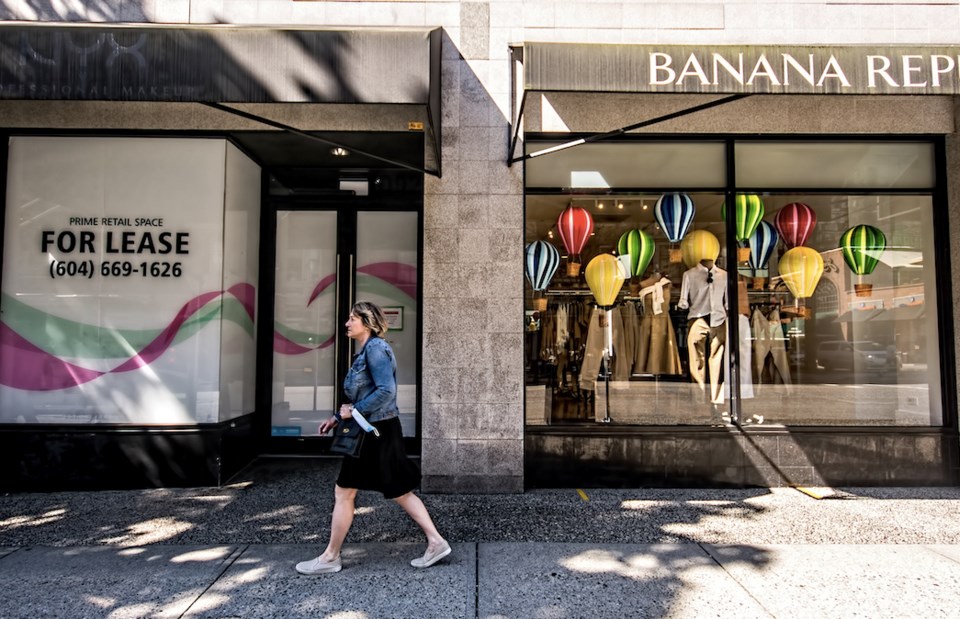Small businesses in Canada want assurances from provincial governments that there will be no backsliding on reopening plans, and if there are, they need to make financial aid to affected businesses automatic.
The Canadian Federation of Independent Business (CFIB) says businesses are alarmed to see B.C. backtracking so quickly on its phase three reopening plan. Due to a spike of COVID-19 cases in the Central Okanagan, the government last week reintroduced pandemic control measures.
Bars and nightclubs in B.C. were no sooner allowed to fully reopen at the start of July with the lifting of a state of emergency, when, in the Central Okanagan, they were ordered to shut down again on Aug. 6, due to a spike in COVID-19 cases in the region.
Indoor mask mandates and restrictions on serving alcohol past 10 p.m. were reintroduced, and high-intensity group fitness classes were again banned.
“The last 16 months have been incredibly hard on small business owners, not only financially, but emotionally as well,” said CFIB executive vice-president Laura Jones. "They can’t take more lockdowns."
The CFIB is calling on provincial governments across Canada to either adopt stay-open plans, or make benefits to affected businesses automatic.
“B.C. has seen a backsliding of restrictions recently,” said CFIB-B.C. senior policy analyst Seth Scott. “This is very concerning. After everything small businesses have been through, they can’t afford to be continuously shut down and restricted. They need a plan.
“The B.C. government should act now with immediate funding for those business being ordered closed or restricted in the Central Okanagan. If this is to become the norm in other regions across B.C., financial support should be an automatic default. Circuit breaker restrictions require circuit breaker grants.”
The CFIB says 83 per cent of B.C. business owners want a stay-open strategy, and says public health policies that result in restrictions should be based on hospitalization rates, not daily COVID-19 rates.
As an example, as of August 13, there were 536 new cases of COVD-19 and 3,585 active cases in the province. But there were just 71 people in hospital due to COVID-19, according to B.C. health officials.



